What Are The Five Main Models Of Chronic Disease Self Management
What are the five main models of chronic disease self management. Self directed learning Based on patients perception of the problem Stanford Univ. Self-management support and education has been linked specifically to positive cardiovascular outcomes including lowered blood pressure increased hypertension-related knowledge and enhanced competence in hypertension self-management behaviors. When a person develops a chronic illness such as diabetes asthma arthritis or a heart condition their lives are turned upside down and it.
Anúncio Our next-generation tools help researchers construct better human disease models. Stanford Chronic Disease Self-Management Program. As a typical chronic disease management model has multiple interventions relevant interventions will be classified into five groups.
Non-fatal non-communicable chronic disease eg arthritis and musculoskeletal disease serious eventually fatal non-communicable chronic disease eg heart failure or cancer persistent communicable diseases eg HIVAIDS NSW Department of Health 2004. Meet all of the needs of any one person. Management of Chronic Disease.
14 Research has also shown that self-management support and education can improve medication adherence self-efficacy self-rated health cognitive symptom management. Theory and models of care for chronic disease. The tasks included 1 medical management of the condition 2 behavior management and 3 emotional management.
Reduce population levels of risk through STEPwise approach and the Global Strategy on Diet Physical Activity and Health. Reorganisation of practice systems and provider roles. Lorig and Holman4 developed a theoretical model for self-management involving three self-management tasks.
Gain new insights into human diseases with iPSC disease modeling. Surveillance and population-based Prevention. Chronic Disease Self Management Program CDSMP.
Use of evidence-based planned care. This section is about the theories that inform health system approaches to the prevention and management of chronic disease.
When a person develops a chronic illness such as diabetes asthma arthritis or a heart condition their lives are turned upside down and it.
Management of Chronic Disease. Chronic Disease Self Management Program CDSMP. Medical management emotional management and role management. Chronic disease self-management programs are designed to either improve current behaviours or to teach new behaviours. The tasks included 1 medical management of the condition 2 behavior management and 3 emotional management. Theory and models of care for chronic disease. Chronic disease management models focusing on the healthcare provider or the patient will be considered. Gain new insights into human diseases with iPSC disease modeling. Self-management support and education has been linked specifically to positive cardiovascular outcomes including lowered blood pressure increased hypertension-related knowledge and enhanced competence in hypertension self-management behaviors.
A coordinated approach to prevention and optimal management primary secondary and tertiary is imperative to minimise the impact on. Main self management task Evidence based Self efficacy because knowledge not enough. 14 Research has also shown that self-management support and education can improve medication adherence self-efficacy self-rated health cognitive symptom management. 4 the person must be informed about the condition disease and treatment and self-management 5 should be individualised which entails expressing needs values and priorities 6 requires openness to ensure a reciprocal partnership with healthcare providers and 7 demands openness to social support. Self directed learning Based on patients perception of the problem Stanford Univ. Supporting self-management the active involvement of people in their own health care is recognised as a core component of models of care for chronic conditions. Decision making action planning development of a patientprovider partnership self-tailoring resource utilisation and.



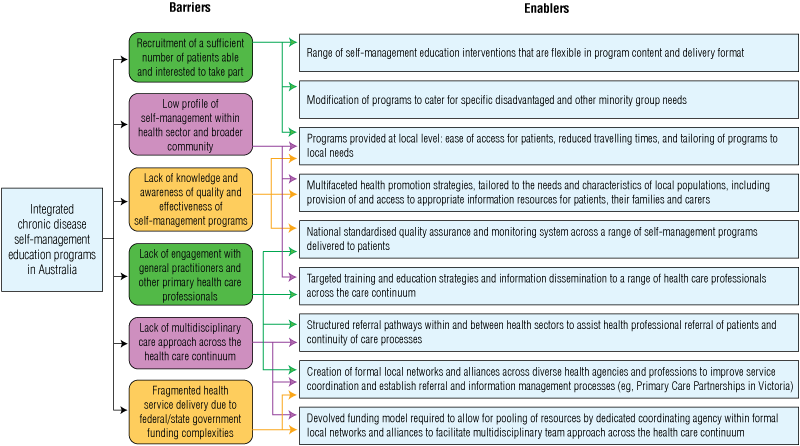




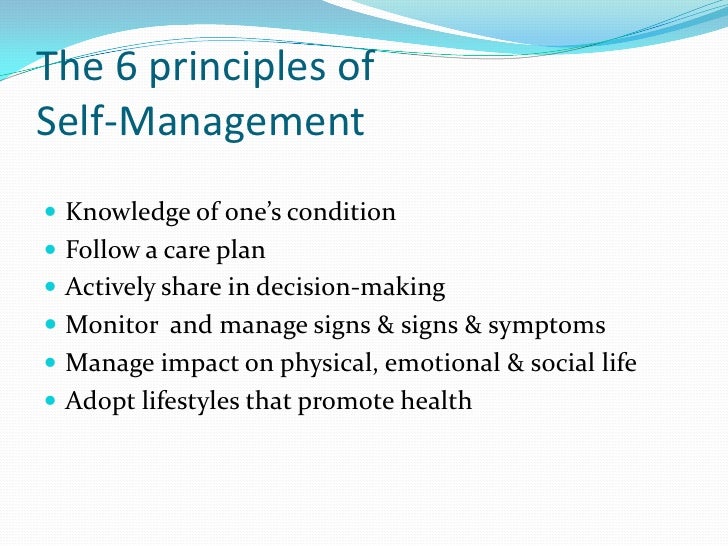

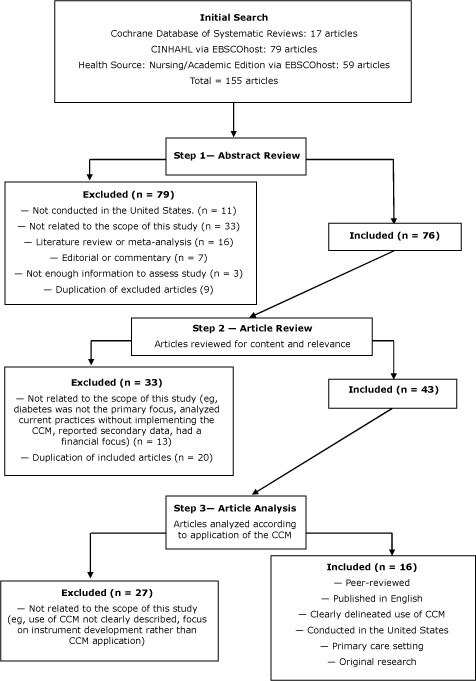
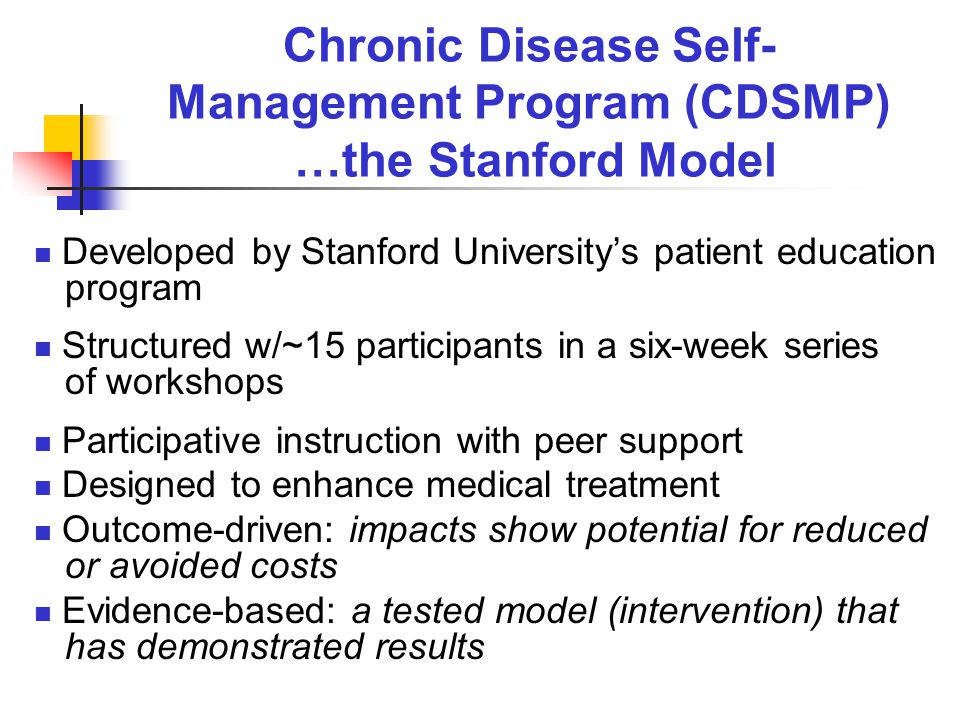




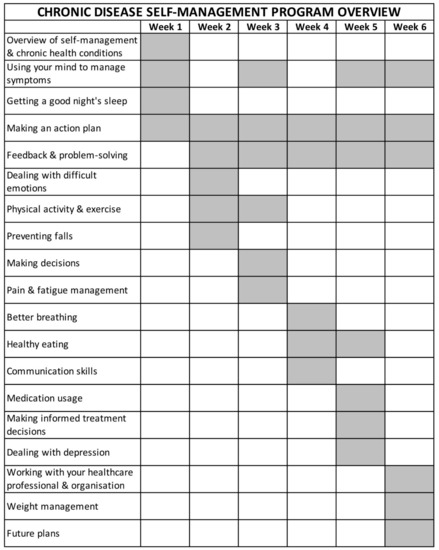




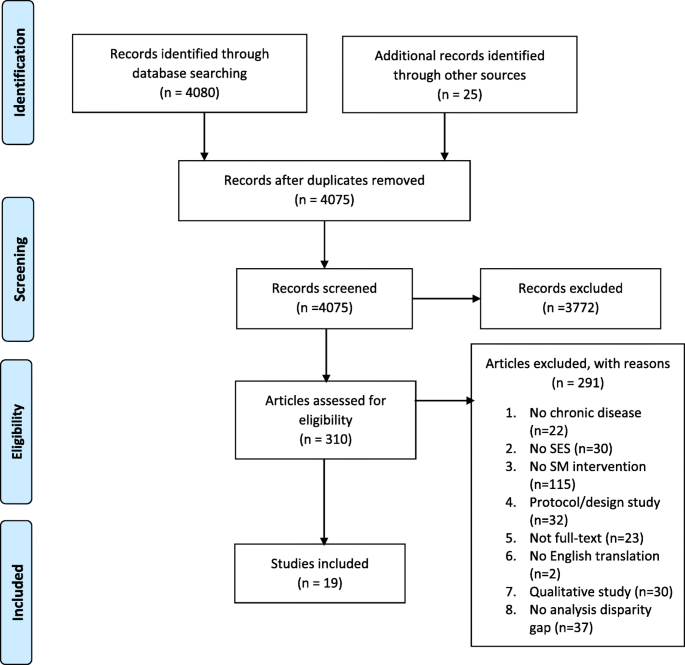


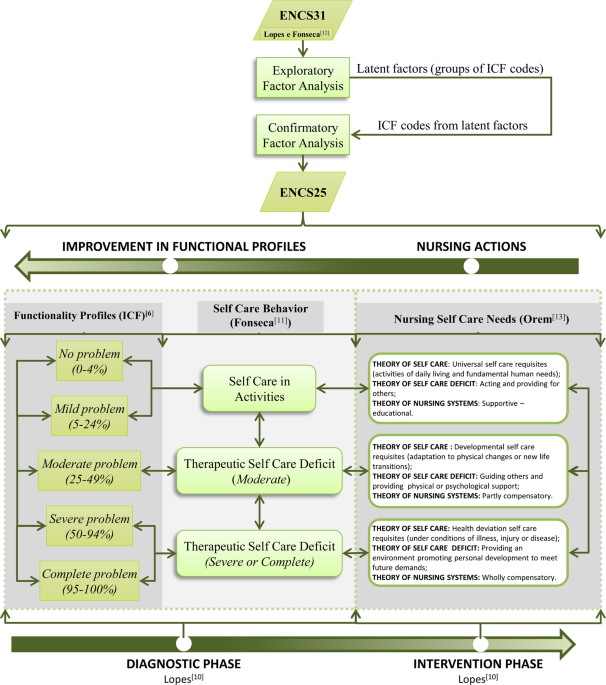



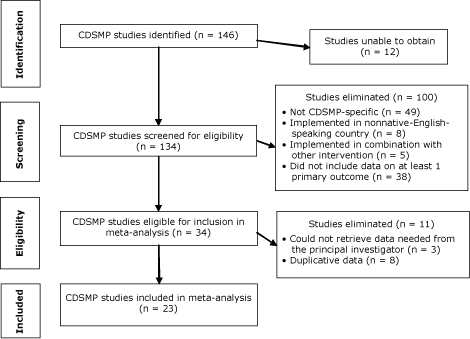




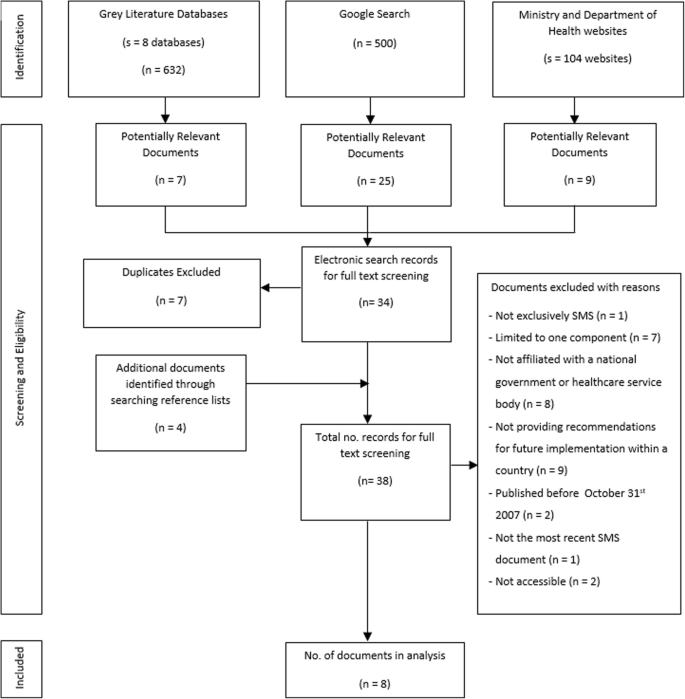

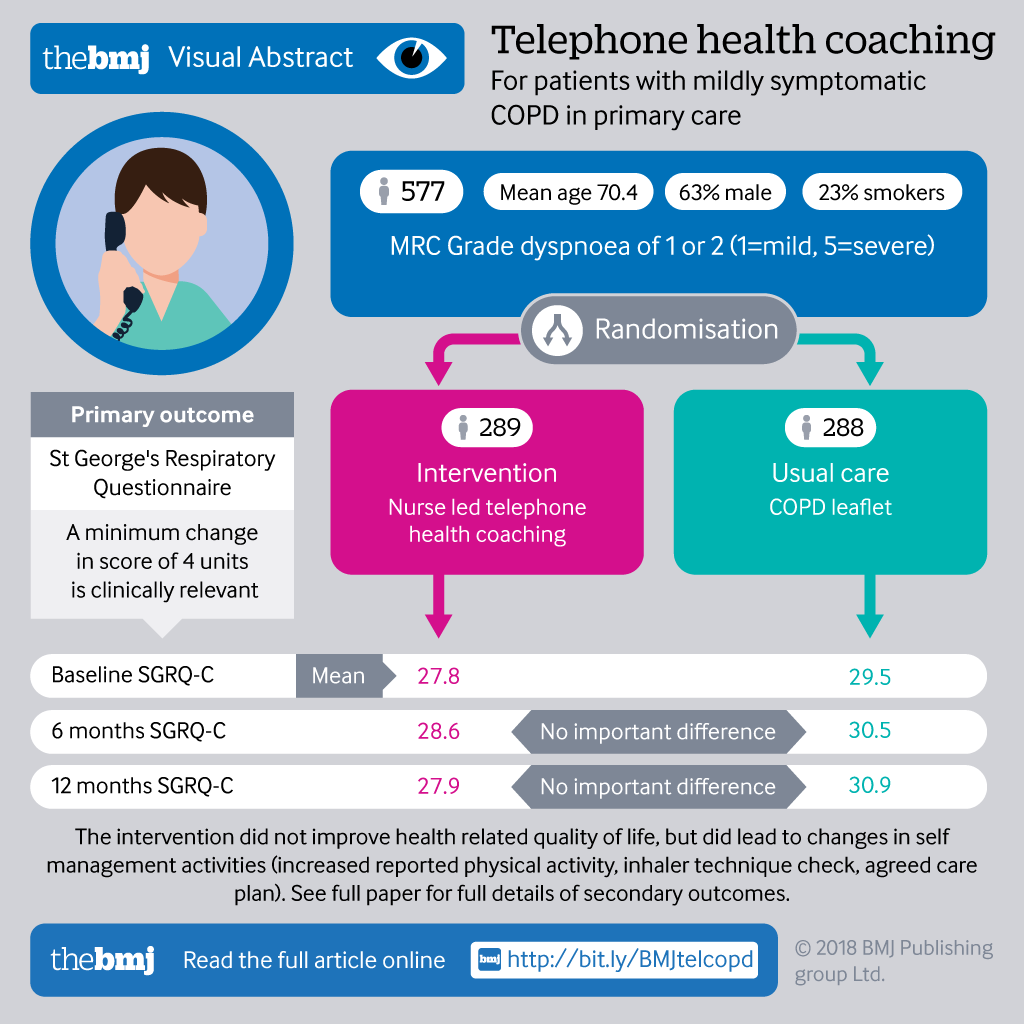




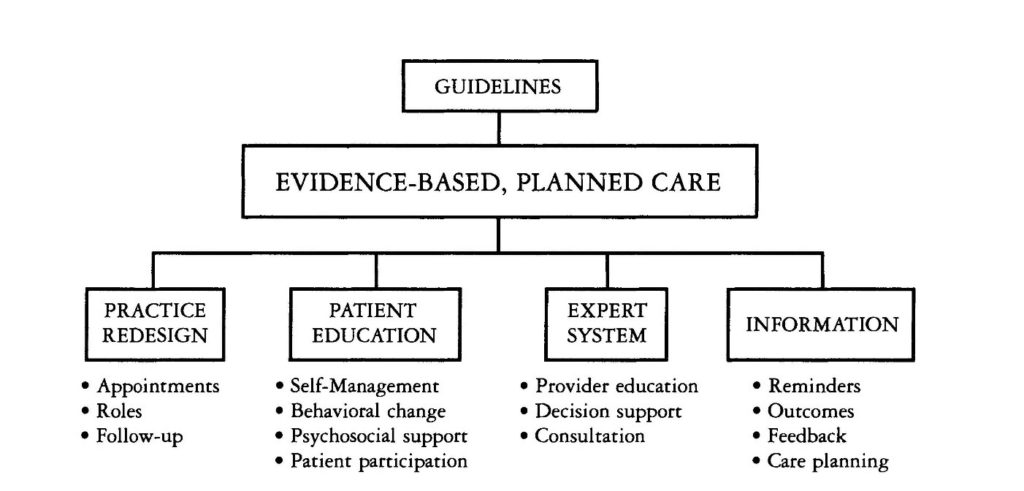
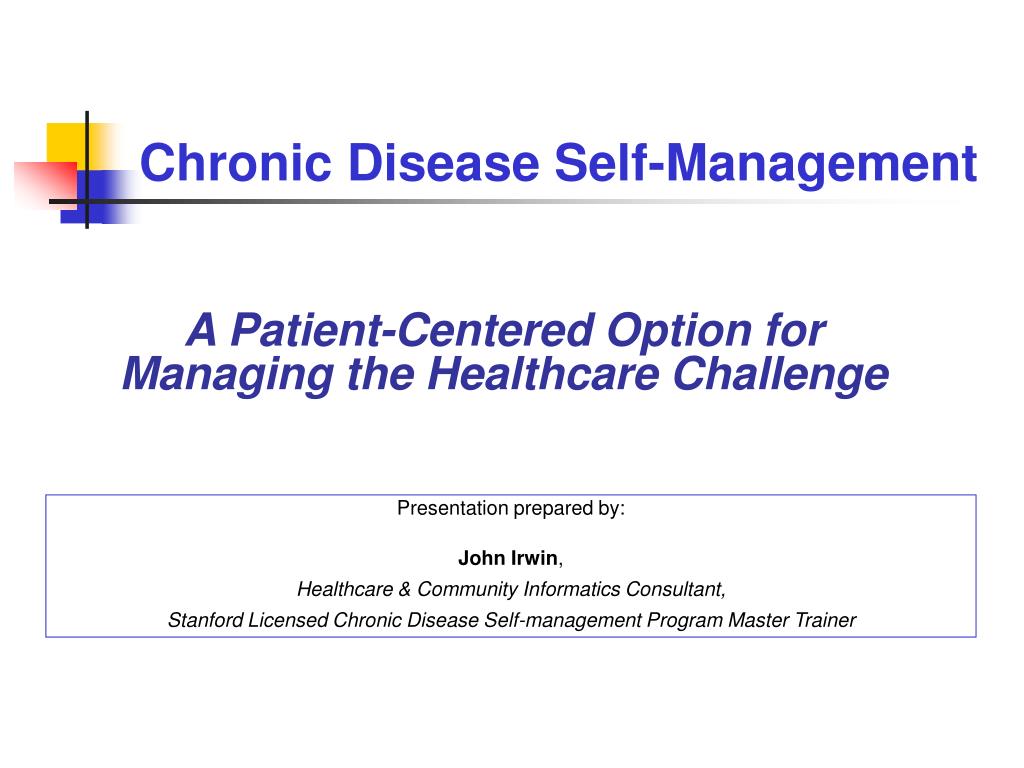

telehealth chronic disease management.
ReplyDelete